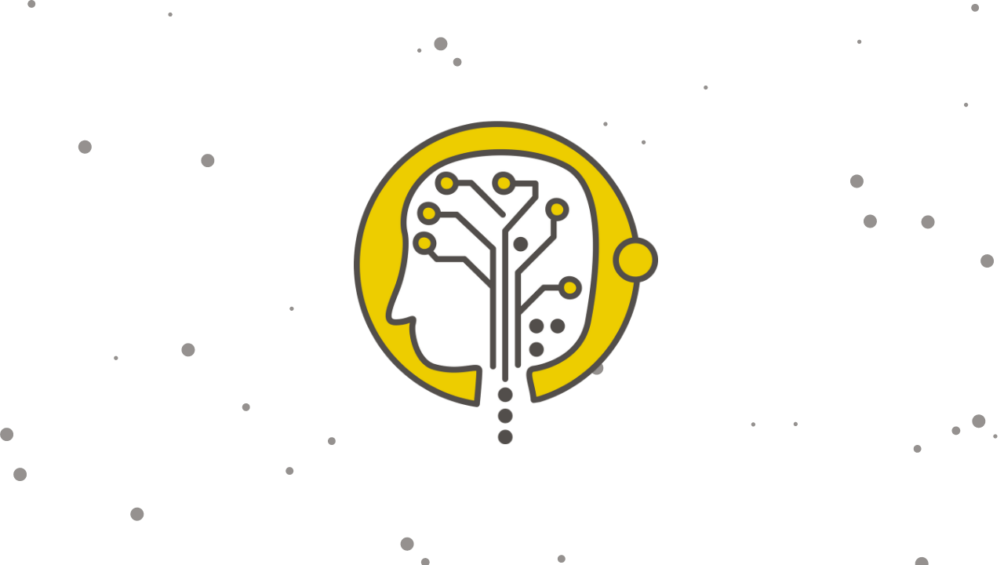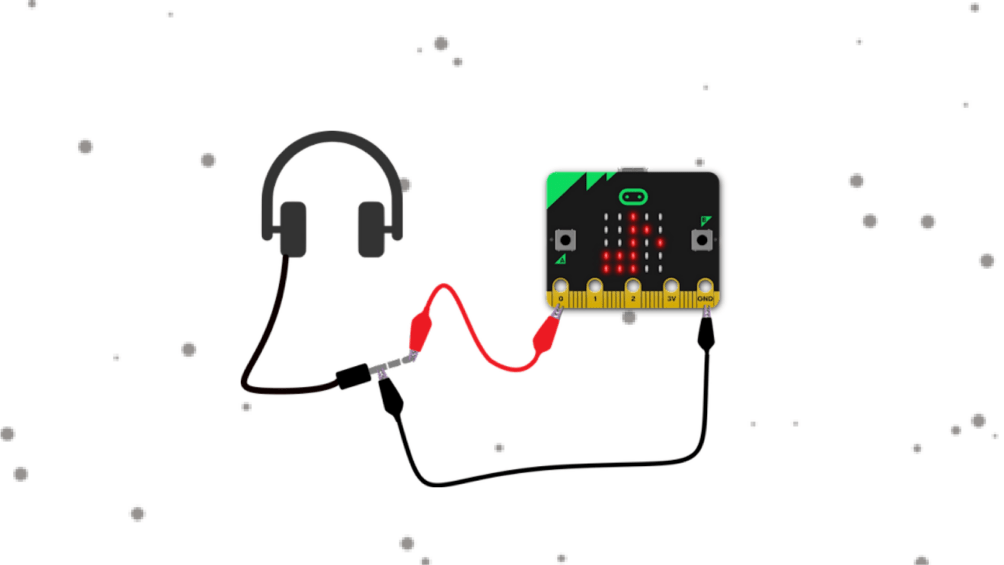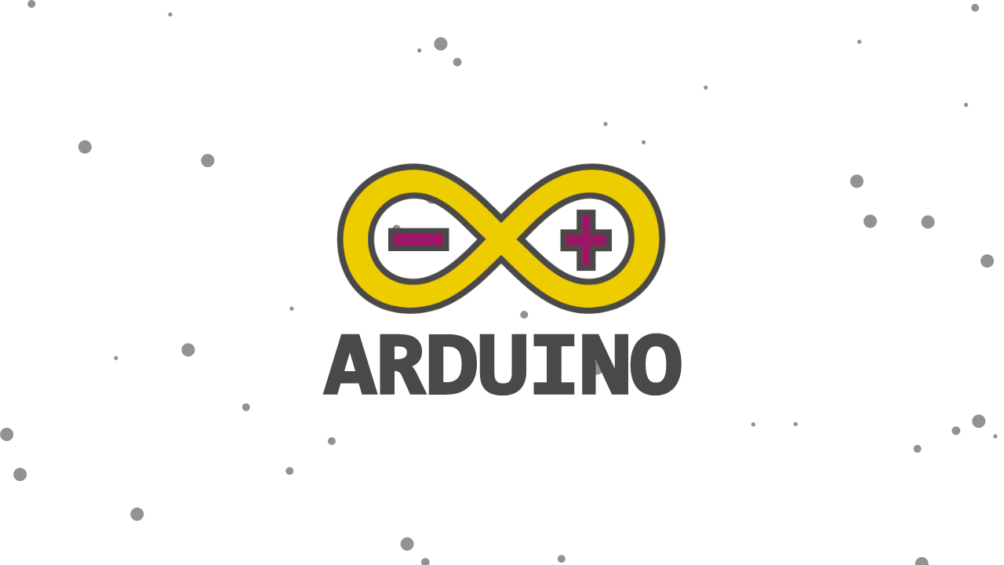Learn all about Assembly Language and how to write programs using the Little Man Computer Simulator! Little Man Computer (LMC) is a simulator that mimics von Neumann architecture. What you’ll need: – Computer access – Access to peterhigginson.co.uk/lmc
Number Systems – How-To
This pack includes short “how-to” videos teaching you how to convert between different number systems like binary to hex. When you’ve finished the activity pack, try out the quiz to test out your understanding. What you’ll need: – Pen and paper – Worksheets (found at the bottom of the relevant tab)
Logic Gates
This activity pack teaches you all about logic gates! What you’ll need: – Computer access – Access to Academo.org – Access to Logic.ly – Access to Boolean.method.ac
micro:bit – Musical micro:bits
This micro:bit workshop covers areas of the Science and Technology and the Expressive Arts Areas of Learning and Experience. Pupils will learn the basics of block-based programming and how to use conditional statements to make decisions in computer programs. The resource will also allow pupils to create their own musical compositions by making use of iteration and the micro:bit’s in-built … Read More
micro:bit – Mathematics Game
This micro:bit workshop covers areas of the Science and Technology and Mathematics and Numeracy Areas of Learning and Experience. Pupils will learn the basics of block-based programming and how to use conditional statements to make decisions in computer programs. The resource will also allow pupils to create their own mathematics game to help them and their classmates develop their problem … Read More
Python – Object Oriented Programming
Python is a clean, readable programming language which is commonly used within education. It is becoming an important element within the Computing and ICT curriculum across the UK. It is easy to learn, but can be used by both novice and experienced programmers, and it’s also very relevant to coding languages used in industry.
CS101: Algorithms II
This workshop builds on the first whilst focusing on implementing the various algorithms using Python. Students will learn how to create and utilise algorithms including sort and search algorithms, whilst reinforcing their programming knowledge.
CS101: Algorithms I
This workshop develops students’ ability to decompose complex processes through the use of flowcharts and step-by-step instructions. These skills are then applied to solve a Numeracy GCSE-style question and examples of commonly used algorithms are explored.
Arduino
Arduino is a small circuit board which allows you to make a computer that can sense and control the physical environment. You can learn about electronics by building your own circuits, and you can program your Arduino to become anything, from a mobile phone to a Geiger counter! Technocamps have developed a wearable computing workshop, where pupils can use an … Read More
PyShop
The Py Shop programme helps students develop the ability to program in Python starting from the basics before covering more advanced topics. Throughout the programme students will develop a complete shop system. Presentation: Cheat Sheet Sports Management System
- Page 1 of 2
- 1
- 2







